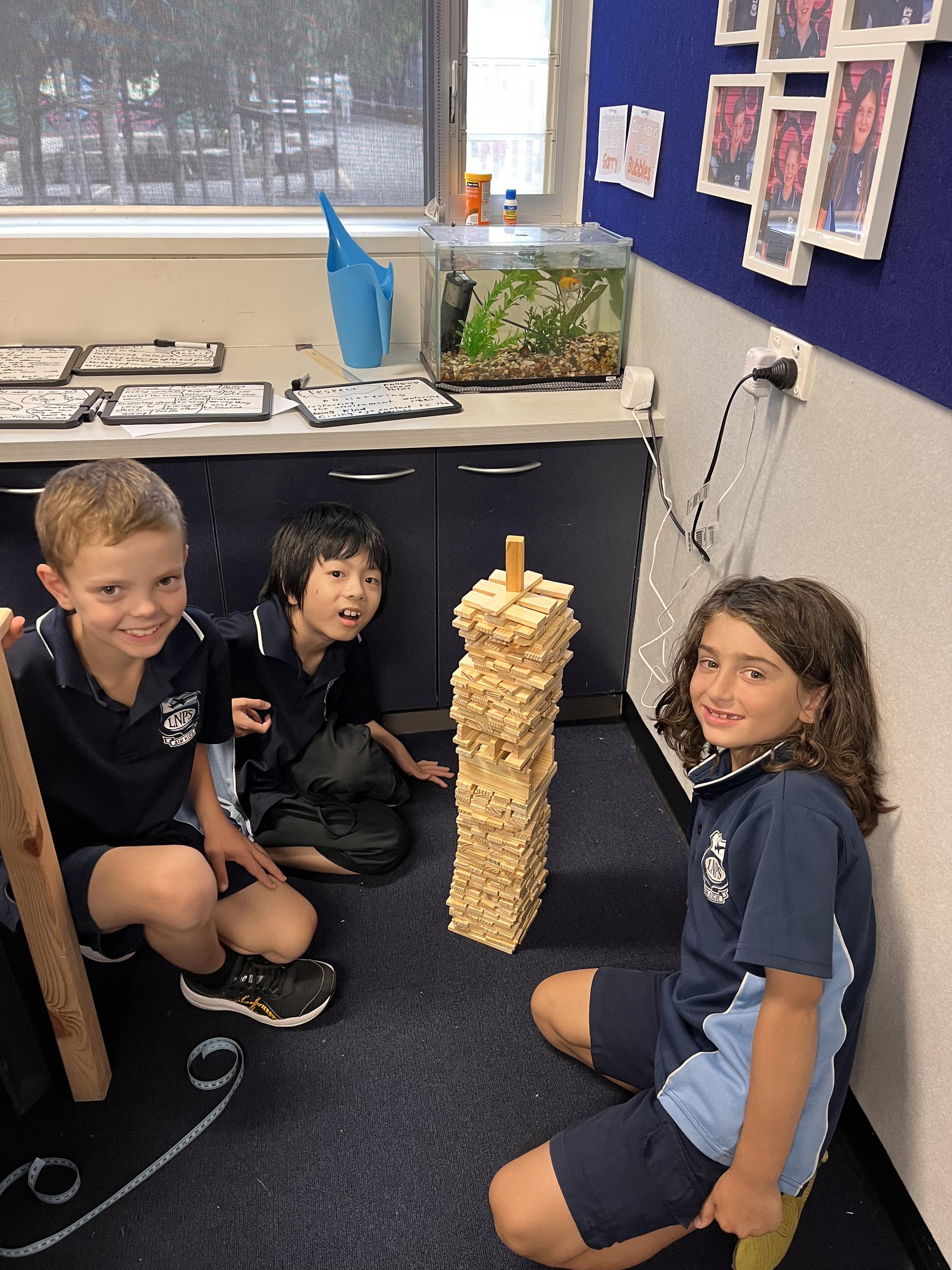Health
Health with Torrens teachers

Health
Health with Torrens teachers
Learning Intentions:
We are learning about health.
We are learning to understand healthy information.
We are learning healthy practices.
In this unit, students will have opportunities to use decision making and critical and creative thinking skills to action practices such as a toy swap, grow free table or soft plastic collection. Students learn about sustainable waste management, the benefits of participating in outdoor physical activity and engage in ‘nude food’ days. Students will learn about Indigenous Rangers and Aboriginal people’s continuing protection of country.. An enquiry model creates deep questioning and collaborative learning with authentic and hands-on tasks.
Learning Intentions:
We are learning about online safety.
We are learning to interpret information.
We are learning about respect and empathy.
In this unit, students will be equipped with strategies to interact safely, securely, and respectfully online, and to give and ask for (receive) consent in online environments. Students examine and interpret information about balancing screen time and ‘green time’, cybersafety and online protocols. They describe and apply strategies that can be used in cyberbullying scenarios or situations that make them feel uncomfortable or unsafe. They explore the importance of demonstrating respect and empathy in online relationships. They reflect on young people’s use of digital technologies and online communities and identify resources available locally to support their safety.
Learning Intentions:
We are learning how to be safe.
We are learning about protective behaviours.
We are learning about relationships.
We will be teaching the Child Protection Curriculum as part of the Health Curriculum. All Torrens classes will be engaging with the Keeping Safe: Child Protection Curriculum (KS:CPC)
There are 2 main themes:
We all have the right to be safe
We can help ourselves to be safe by talking to people we trust
The four main focus areas are:
The right to be safe: Exploring the concept of safety, reviewing the concept of warning signs, unsafe situations and acceptable risk-taking
Relationships Understanding rights and responsibilities, trust and networks, developing personal identity, power in relationships
Recognising and reporting abuse: Privacy and names of parts of the body, recognising abuse, neglect and unsafe secrets, electronic media safety
Protective strategies: Problem-solving for keeping safe and review of networks
More information can be found on the DECD child protection curriculum site